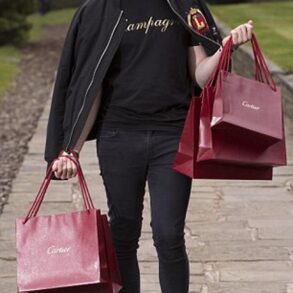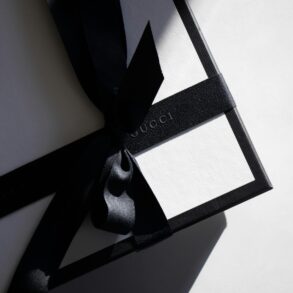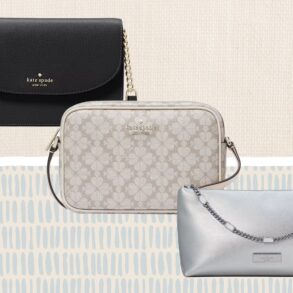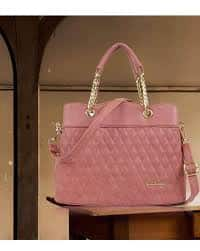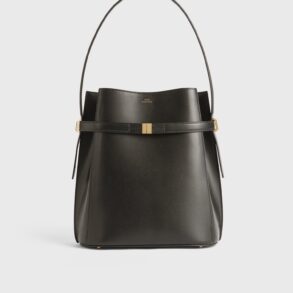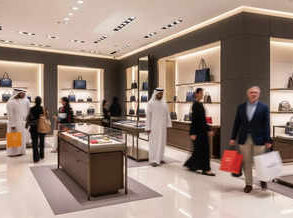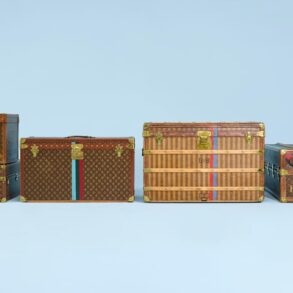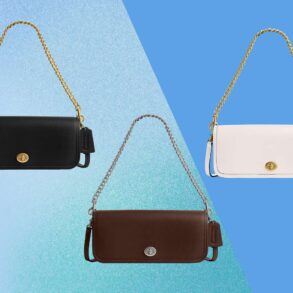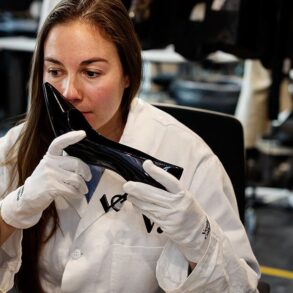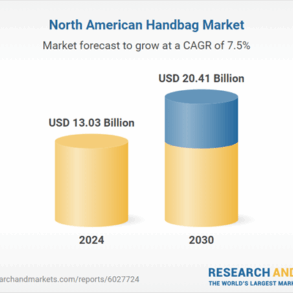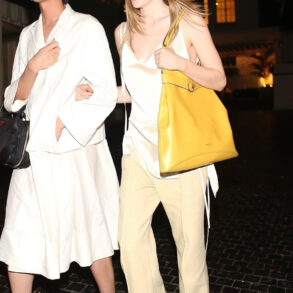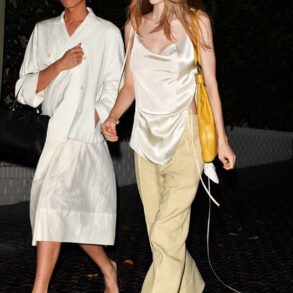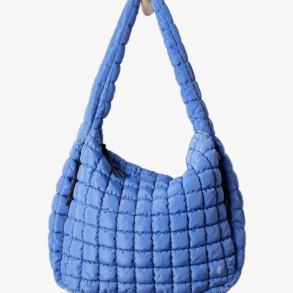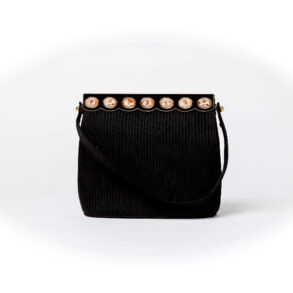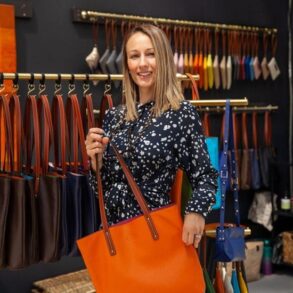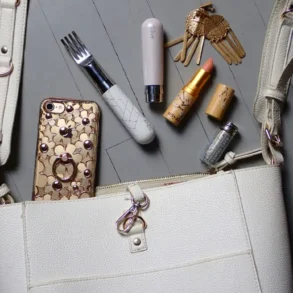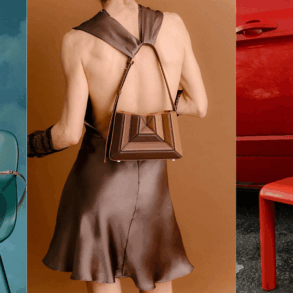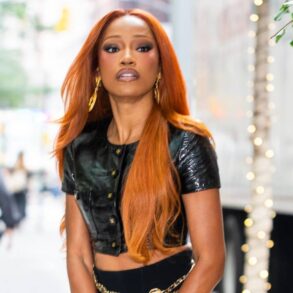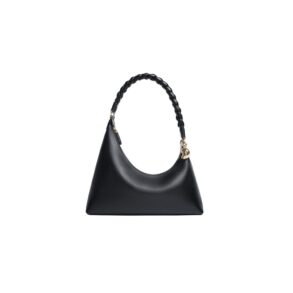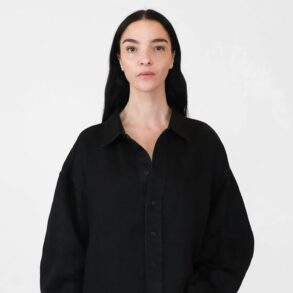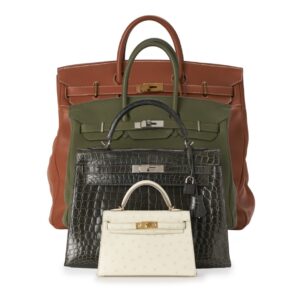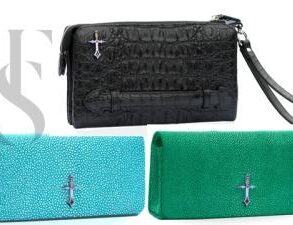Reformation has built a business on marrying trendy and timeless apparel styles with its commitment to sustainability since its launch in 2009, and the brand has worked over the last several years to carry this strategy over to its burgeoning accessories category.
In the last few years the Los Angeles-based fashion label has entered accessories with a launch in 2021 followed by handbags last year, offering robust assortments in both categories that are in line with Reformation’s strategy of becoming a head-to-toe wardrobing destination.
“Reformation in general is known for its trend credibility,” said Alison Melville, who joined the company as its chief innovation officer in 2020. “It’s a very important piece about how we think about our product strategy. It’s what feels new, fresh, distinct and current in the marketplace, but also something that’s timeless enough that it’s not something that will churn out of your wardrobe because that’s not sustainable either. As we see businesses mature, we see a diversification of the product category as [the accessories categories] mature over time.”
You May Also Like
The brand’s footwear launch is Reformation’s second venture in the category. Melville explained the company made an initial foray into shoes pre-COVID-19 but decided to pull back from the category and reassess its approach in a way that “felt more sustainable both in the business sense and environmental sense.”
Melville said Reformation had a positive reception with the initial footwear launch, and knew the second entry would be received well by customers. She claimed the 2021 footwear launch “was a big success right out of the gate.”
Three years into the category, Melville explained Reformation’s footwear has matured by staying in tune with trends and customer demand. She said the 2021 footwear launch centered on sandals, and then transitioned to focus heavily on boots. Last fall, the brand tapped into the ballet flats trend with its own assortment — the range was launched through its collaboration with the New York City Ballet — which are still key styles in the overall footwear category. This year, Melville said closed-toe heels have been popular styles.

Reformation’s Noreen Slingback Pumps
Courtesy of Reformation
She sees a similar progression in handbags. Reformation’s launch first focused on party bags and has now transitioned over to work bags and versatile carry-alls.
“[The accessories category’s] growth is outpacing the growth of the total brand, as you would probably expect for a new category,” Melville said, while declining to disclose specific growth statistics. “We obviously have ambitions for it to be a sizable percentage of the business.”
Reformation’s accessories categories stay true to the brand’s sustainability mission, with both shoes and handbags following their own guidelines and working with separate factories and manufacturers. The brand’s footwear is manufactured in southern Brazil at a gold certified leather tannery, which Melville described as “the premier classification of the highest tier of sustainable tanneries.” The handbags are developed in Italy.
While most of the accessories are currently made in leather, Melville stated Reformation is scouting out leather alternatives that abide by the brand’s sustainable values, as current alternatives don’t meet its guidelines due to their plastic content. The brand is currently looking at a mushroom leather alternative that Reformation is hoping to introduce in the coming years.
“The whole business is based on a read and react principle,” Melville said. “We utilize a lot of building an incredibly fast supply chain, creating very small orders that we’re sure will stock out and then once we see the customer appetite, we chase into those and actually create the inventory when we’re sure there is a demand, so that we’re not creating waste. We use that exact same approach in footwear and handbags and any new category that we’re entering.”

A style from Reformation’s collaboration with Jimmy Fairly.
Courtesy of Reformation
Reformation’s latest initiative in the accessories category was a collaboration with French eyewear brand Jimmy Fairly for a sunglasses collection that Melville said sold out within two weeks. The brand does not yet offer eyewear in its main line, but used the collaboration to assess customer interest in the category and to tap into the French market, which Reformation just entered this month.
“We had seen demand signals for sunglasses from our customer,” she said. “Going back to our southern California roots, sunglasses are a key element to that southern California look. It’s an obvious product category for us to be adding and Jimmy Fairly is a French brand and has quite a big presence in France, which is a focused market for us.”
Melville stated eyewear is a category Reformation is currently looking to expand into, but did not elaborate on timing.
Reformation has previously experimented in new categories through collaborations. In the past two years, the brand has teamed with designer Laura Vassar of Brock Collection for a luxury apparel collection, with Veja for performance-driven sneakers and with Canada Goose for technical outerwear.
Melville stated that Reformation looks at launching new categories every 12 to 24 months, with their most recent expansion being swimwear this spring. While Melville didn’t reveal specifics on Reformation’s upcoming category expansions, she said the brand is looking at the evolution of certain trends, such as ballet flats and the boho revival, as areas of opportunity. She also highlighted monochromatic looks and novelty bags as other key focuses for Reformation.
“It’s really exciting to see the brand evolve from what we originally got famous for, which was printed party dresses, really to a full wardrobe expression,” Melville said. “We’re famous for sweaters, we’re famous for denim and we’re famous for boots. We really want to be a full wardrobing destination and we really want a balanced portfolio of products over time.”
This post was originally published on this site be sure to check out more of their content.



